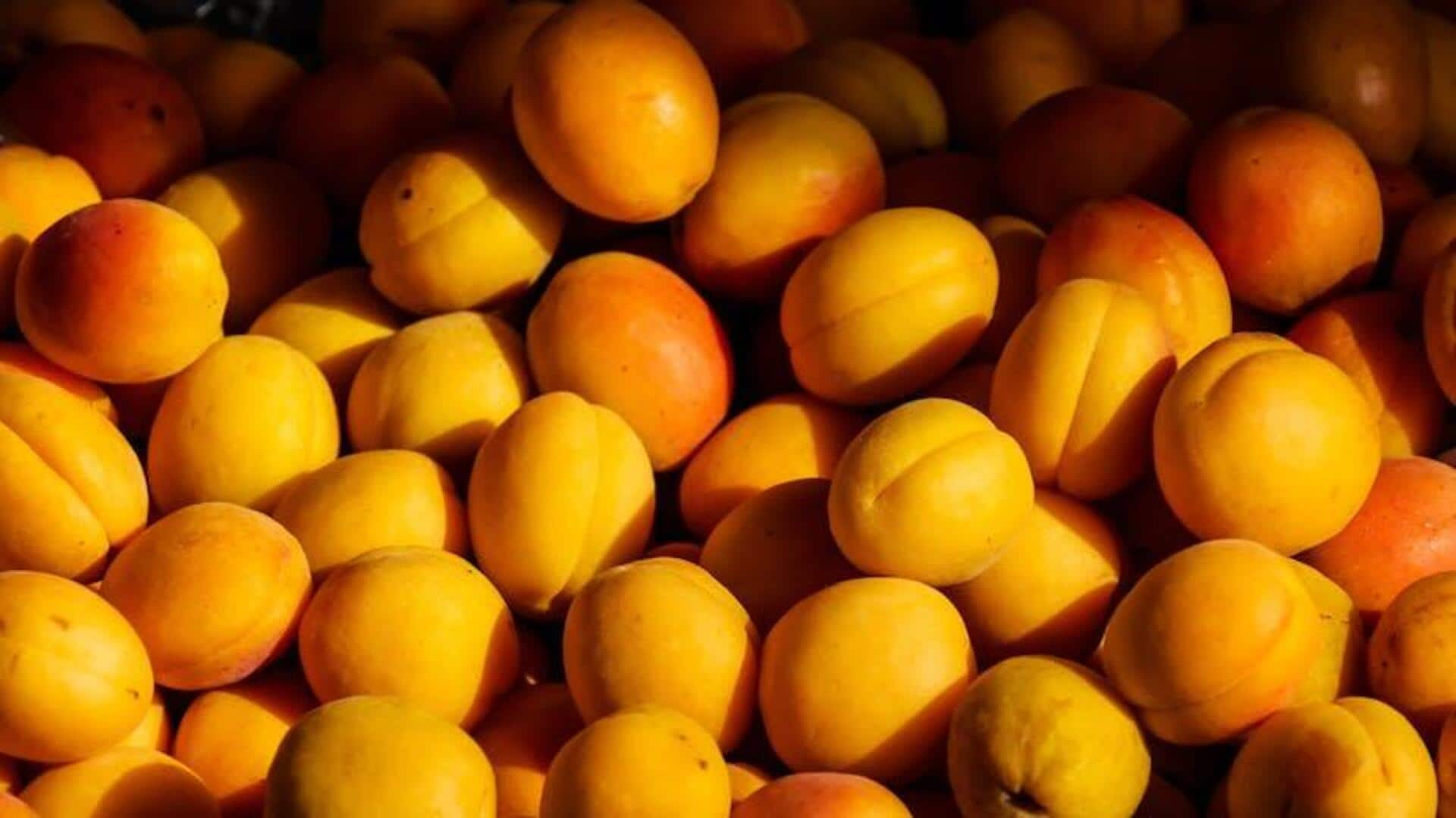
Peach v/s pomegranate: Which is healthier?
What's the story
Peaches and pomegranates are two of the most popular fruits, both known for their unique flavors and health benefits. While peaches are known for their juicy sweetness, pomegranates are known for their tangy taste and antioxidant properties. Both fruits provide a range of nutrients that can contribute to a healthy diet. Let's take a look at the nutritional profiles of these fruits to see how they compare in terms of health benefits.
#1
Vitamin content in peaches
Peaches are a great source of vitamins A and C. Vitamin A is important for eye health and immune function, while vitamin C is an antioxidant that promotes skin health and boosts immunity. A medium peach provides around 10% of the daily recommended intake of vitamin C. Peaches also contain small amounts of vitamin E, which helps protect cells from damage.
#2
Antioxidants in pomegranates
Pomegranates are famous for their high antioxidant content, particularly punicalagins and anthocyanins. These compounds help reduce inflammation and protect the body from oxidative stress. Studies have shown that pomegranate juice has more antioxidant activity than red wine or green tea. The antioxidants in pomegranates may also contribute to heart health by improving cholesterol levels.
#3
Fiber content comparison
Both peaches and pomegranates are good sources of dietary fiber, which is important for digestion and gut health. A medium peach has around two grams of fiber, while one pomegranate has about four grams. Eating fiber-rich foods can help you maintain a healthy weight by making you feel full after meals.
#4
Caloric value analysis
When it comes to caloric value, peaches are relatively low-calorie fruits with around 60 calories per medium-sized fruit. Pomegranates have a higher caloric value due to their dense seeds but still remain a healthy option with around 100 calories per fruit when consumed without added sugars or syrups.